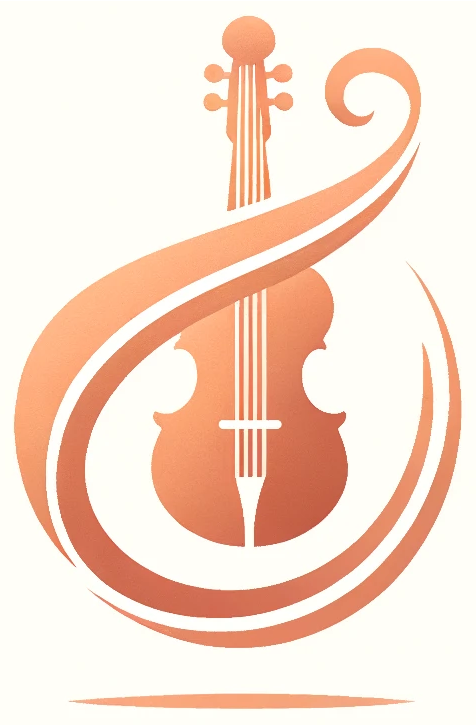Blog
Cello and Viola
Basically the same developments took place for cello and viola. An important modern addition to the cello is the endpin, which is a late 19th century invention.
Early classic to romantic violin
Changes towards the modern violin started in the late 18th century, with Paris as a center for this development.
What is a 'baroque violin'?
This is just for those of you who wonder what a baroque violin is all about. It's far from conclusive, but I hope it'll be a useful introduction.
When is it time for a rehair?
That depends largely on how much you play. Professional players might need quite frequent rehairs.
Looking after your bow
Always loosen the hair of your bow after playing.
The influence of the weather
Wood expands when humidity is high and shrinks when it is dry. This can cause all kinds of problems.
Earthquakes
If you live in Canterbury you will by now probably know more about how to keep your instruments safe in a quake than you ever would have cared to learn,…
If an accident has happened
Don't touch or move fresh cracks and have them repaired as soon as possible. The repair will turn out nicer if there's no grease or dirt or frayed edges.
Accident prevention
When in an orchestra or a similar situation with lots of people around: make sure your instrument is out of harms way.
Changing strings
Depending on how much you play and which strings you use they will probably need replacing every half year or year with your e-string needing replacement more often.
The Fingerboard
A good fingerboard is made from hard, dense ebony.
The Pegs
Changes in humidity can make pegs slip or get stuck. Pegs and pegholes as well as the holes for the strings also get worn out over time.
The soundpost
You can see your soundpost when you look through the right F-hole of your instrument (treble side). It should stand straight and a small distance behind the bridge.
The bridge
Make sure your bridge is straight. It takes a lot of pressure and is submitted to a forward pull when you tune your strings at the pegs.
Keeping your instrument clean and protecting the varnish
Always wipe dust, sweat and rosin off the instrument and fingerboard after playing with a soft, non-scratching, lint-free cloth.
Read more about 'Keeping your instrument clean and protecting the varnish'...
